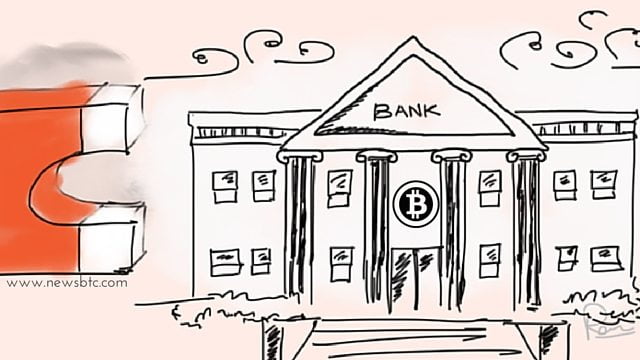The interest in cryptocurrencies and their underlying technology is at an all-time high. While the climbing Bitcoin price stands proof to the increasing interest in the digital currency, at least 100 research and white papers published by various banking and financial institutions vouch for blockchain technology. The global economy is based on a centralized model, but increasingly the Central Banks that play a major role in monetary policies are focusing towards the implementation of blockchain based systems across their network.
Most Central Banks don’t have the intention to recognize or allow the adoption of Bitcoin, mainly due to its global and decentralized nature. But the distributed ledger and its potential to simplify the record keeping, tracking and accounting process makes it hard to ignore. This has got Central Banks, especially the Bank of England and the People’s Bank of China to consider issuing the national currencies in a digital form over blockchain.
What Makes Blockchain Technology So Exciting?
For starters, the inherent property of immutability and transparency associated with Bitcoin blockchain makes it easier for the central banks to trace the money that’s in circulation.
The use of blockchain based digital fiat currency will reduce the amount of bank notes and coins that are in circulation. This will, in turn, reduce the operating costs associated with printing and distribution of currency notes by the central bank.
The wide spread implementation of blockchain based fiat currency will also help the central banks and governments fight money laundering while eliminating the issue of counterfeiting.
It will also drastically reduce the transmission costs and time associated with cross-border transfers, by enabling instant transfers between branches both within and outside the country.
In one of the media reports, The Governor of Federal Reserve in-charge of overseeing new technologies, Lael Brainard was quoted saying,
“We are paying close attention to distributed ledger technology or blockchain, recognizing this may represent the most significant development in many years in payments, clearing and settlement.” She continued, “innovation using these technologies could be extremely helpful and bring benefits to society.”
Incidentally, US Federal Reserve is not the only one. The R3 international blockchain consortium already has major names from the private banking and financial sector working together on creating blockchain applications. Similar consortiums have been set up in Russia and China with the blessings of their respective central banks.
In the coming days, the gradual shift from legacy systems based banking operations to blockchain based operations will become visible.
Ref: NY Times | Image: NewsBTC





















